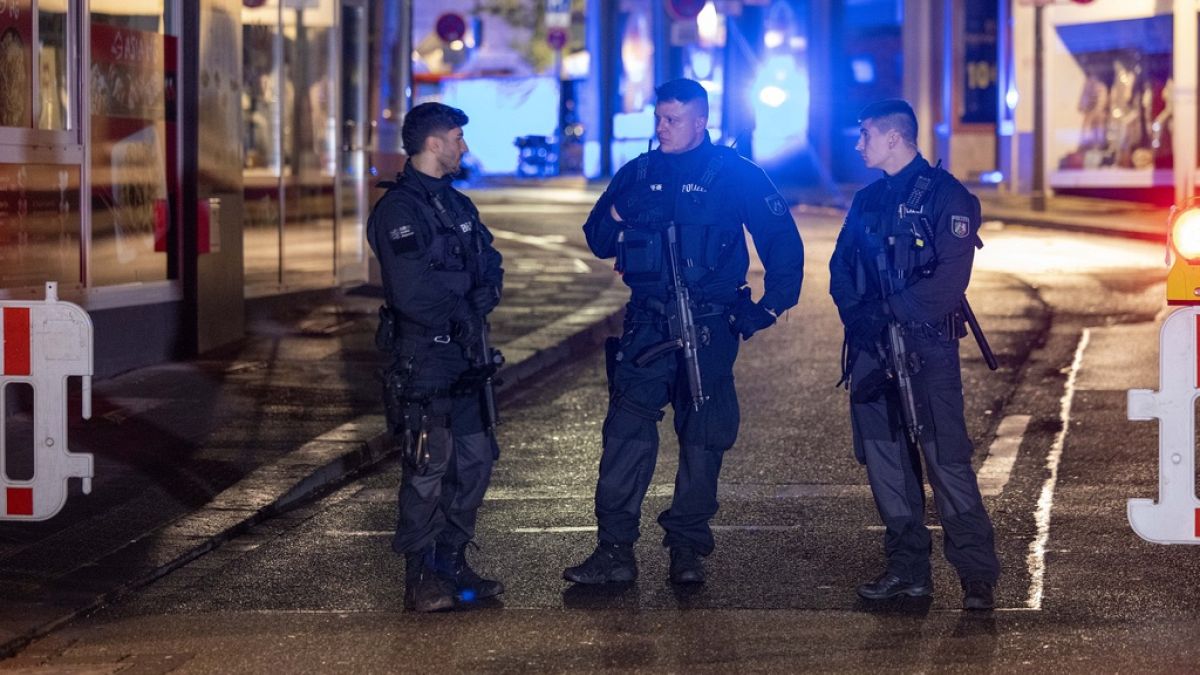The suspect allegedly planned to attack the soldiers with 40cm-long machetes.
An alleged Islamic extremist has been arrested in connection with plotting an attack on German soldiers during their lunch break in Munich, killing as many of them as possible and causing a feeling of insecurity among the larger population.
The 27-year-old Syrian is a suspected supporter of radical Islamic ideology, the Munich public prosecutor's office said on Friday.
The suspect procured two machetes, each about 40 centimetres long, earlier this month, and allegedly planned to attack the soldiers with them.
He was brought before a judge on Friday following his arrest a day earlier, the prosecutor's office said in a statement. His name was not released in line with German privacy rules.
The arrest comes after an attack on 23 August in Solingen, western Germany that left three people dead and eight wounded. A 26-year-old Syrian suspect was arrested.
He was an asylum-seeker who was supposed to be deported to Bulgaria last year but reportedly disappeared for a time and avoided deportation. The Islamic State militant group claimed responsibility for the violence, without providing evidence.
The violence left Germany shaken and pushed immigration back to the top of the country’s political agenda.
In response, the interior ministry extended temporary border controls to all of its nine frontiers this week. The closures are set to last six months and are threatening to test European unity.












